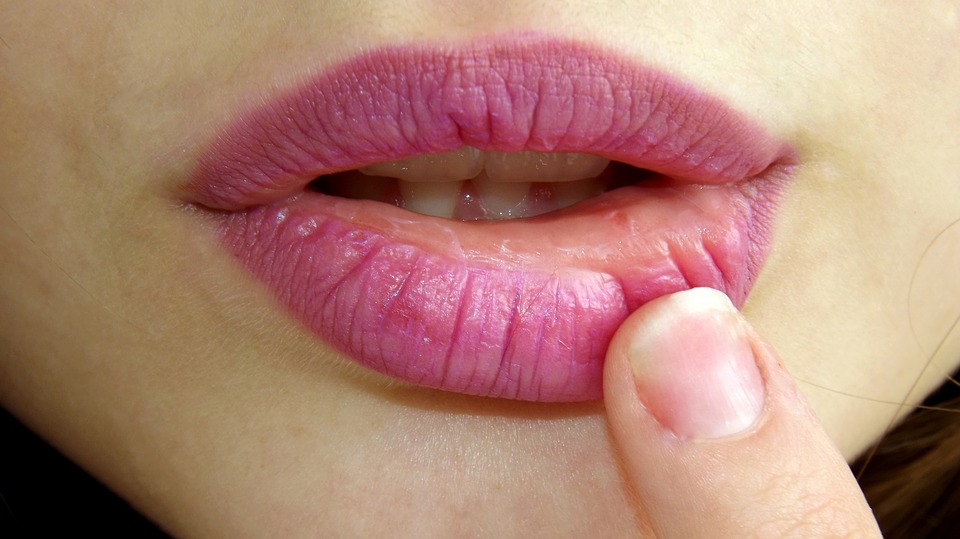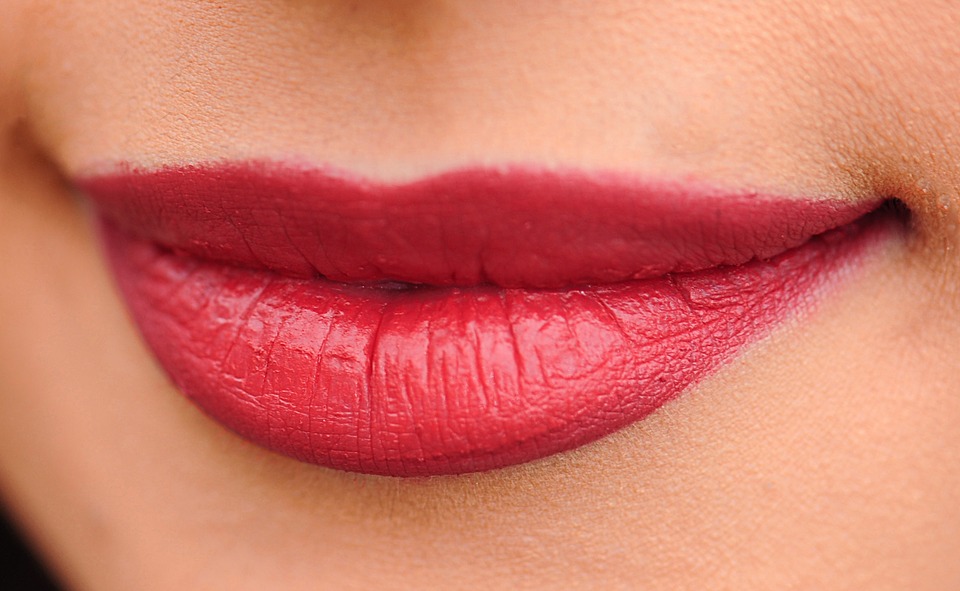With age, many of us grow concerned that our faces become flatter, less elastic and more wrinkled. But it’s not just the more mature among us that are seeking out cosmetic procedures aimed at plumping your lips, ‘correcting’ wrinkled skin or giving our features more definition in an effort to improve our facial appearance.
The solution to fuller lips is made possible thanks to one product: dermal fillers. Used to augment the volume and definition of the lips, fillers can be made from a variety of materials, whose effects can be either temporary or permanent. But for vegans and vegetarians, the ethical implications of lip fillers pose quite the conundrum. So we ask, are lip fillers vegan friendly?
Are lip fillers vegan friendly?
There are a number of things to consider before you go ahead with dermal filler injections aside from price and limitations, including whether the fillers used are vegan. Most fillers these days are manufactured synthetically, but while animal testing for cosmetic purposes is outlawed in the UK, animal testing for medical purposes is still required by law.
While facial fillers and are commonly used for aesthetic purposes, those developed for the treatment of medical conditions are likely to have undergone some sort of animal testing. Take botox as an example: it’s commonly used to smooth out fine lines and wrinkles, but was initially tested on animal subjects because it was originally manufactured to treat a range of medical conditions, from migraines to Bell’s and cerebral palsy.
Fortunately, there are alternatives to making the likes of lip and dermal fillers vegan and cruelty free, it’s certainly something to bear in mind. Using sites like What Clinic can help you browse lip augmentation clinics in your area for information, reviews and contact details by which to contact clinics for details on their dermal fillers’ vegan credentials.
Lip filler ingredients: what you need to look out for
Collagen ✘
Collagen is a type of protein that makes up a major part of skin, bones and other bodily tissues. Certain collagens found in skin are essential for strength and elasticity, but over time, collagen breaks down causing skin to lose its suppleness and sag.
Those who use collagen injections do so to replace their original supply, or to provide plumping to features such as the lips where desired. Since it is a natural protein, there are relatively few side effects associated with its use in cosmetic procedures.
Most commonly, collagen comes from animals. Extracted from the skin of cows, it is purified and sterilised before being liquified in preparation for lip augmentation treatments. Bovine collagen came with the added concern a few years ago that injecting patients with bovine collagen could infect them with Mad Cow Disease.
Autologen and Isolagen ✔
Alternatives to animal-derived collagens include Autologen and Isolagen, collagen types derived from a patient’s own skin. It can either be harvested during an operation, or grown from minimally invasive skin cell cultures. These forms typically require no allergy testing because it is a natural collagen found in the human body. Both are popular for lip augmentation as they tend to last longer than bovine collagen.
Initial studies during the development of Autologen and Isolagen performed tests on animals to determine its effectiveness. But as each individual’s personal Autologen or Isolagen is unique, it does not require animal testing because these are variations on an already-approved treatment.
Poly-L-lactic acid ✘
Poly-L-lactic acid (PLLA) is an injectable collagen stimulator. It works within the skin’s deep dermis to revitalise collagen production and restore skin volume. It’s fully synthetic, and biodegradable but producers SCULPTRA Aesthetic are known to have tested the product in animal studies.
Hyaluronic acid ✘
Hyaluronic acid is otherwise known as nature’s moisturiser. It works as a natural sponge that holds volume and elasticity-enhancing water bodies needed to maintain a youthful appearance. In fact, just one gram of Hyaluronic Acid is capable of holding up to a thousand times its weight in water.
Hyaluronic acid occurs naturally in all mammals, and is present in nearly all body cells and soft connective tissues throughout the body. As we age, our bodies produce less and less hyaluronic acid, which negatively affects the ease of joint movements as well as the the softness and smoothness of our skin. Because it is naturally occurring, no prior allergy test is needed for treatments with hyaluronic acid fillers.
The hyaluronic acid that is used for lip fillers is not generally derived from animal sources. Some filler brands do use animal hyaluronic acid for their fillers, but synthetic forms have been developed for the treatments in the fields of rheumatology, ophthalmology and wound repair, as well as use in facial augmentation.
Restylane, Captique, Radiesse and Juvéderm are examples of lip plumping products that are made from a near-natural composition of non-animal-based hyaluronic acid. But while their process of manufacture is considered vegan, all admit to animal testing.
Permanent fillers ✔/✘
Fat transfer is one technique developed to make lip augmentation more effective in the long term. In such cases, surgeons harvest the patient’s fat cells through liposuction or excision from where it can be spared before it is either injected or surgically placed into the lips. Like with Autologen or Isolagen, it does not require animal testing as the patient’s own cells are used. Bear in mind, however, that these surgical applications usually require general anesthesia, which may have a history of animal testing.
Artecoll and ArteFill are examples of permanent fillers used around the lips to remove fine lines and wrinkles, giving the lips a fuller appearance. They contain polymethylmethacrylate beads, otherwise known as PMMA microspheres, which are tiny round, smooth particles made of a man-made polymer. Because they are not absorbed by the body, they can be used as a dermal filler in a gel-like solution that contains collagen. In such cases, it is the collagen that determines whether the beads are vegan or not.
For any animal lover or activist who does not want to participate in a treatment that has contributed to the suffering of animals, as with all medical and cosmetic procedures, the most important aspect to stress is to consider the practitioner as well as the product. Check all credentials, ensuring your clinic’s staff are trained and qualified to acceptable standards.
Finally, as fillers are considered a medical device you can check the certification of any product before making your decision. In the EU, the CE (Conformite European) is the accepted approval body for filling agents.












